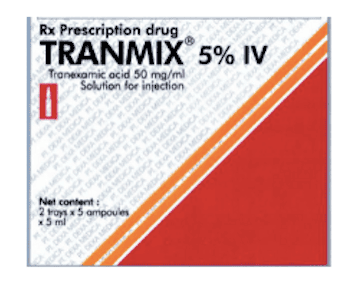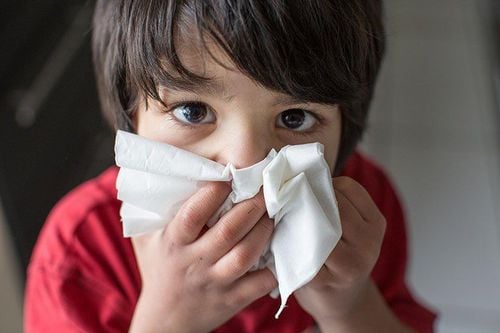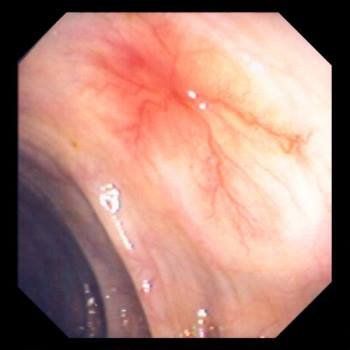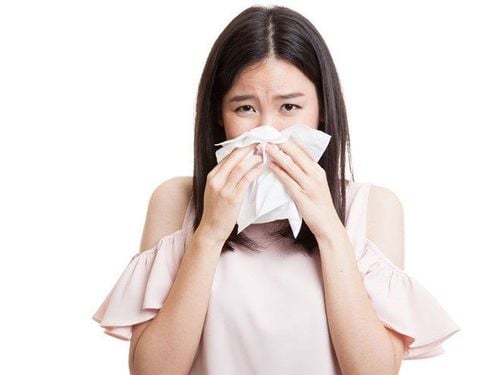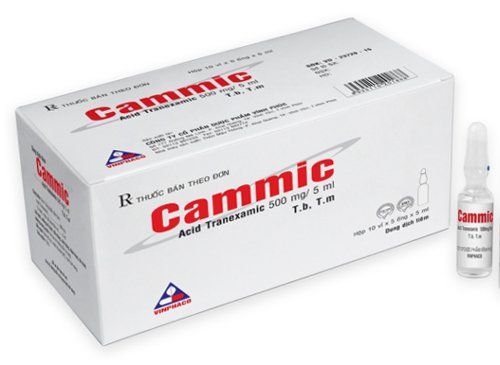Nosebleeds are not a serious condition, but frequent nosebleeds can affect daily activities, work, and overall health. Developing an appropriate dietary regimen can effectively prevent nosebleeds.
1. What are nosebleeds?
Nosebleeds, also known as epistaxis, occur when the mucous membrane inside the nose is damaged, causing blood vessels to break and bleed. Nosebleeds are common in children, and one of the primary causes is a deficiency in nutrients, particularly vitamin C. Therefore, a balanced diet plays an important role in preventing nosebleeds.
2. What to Eat if You Have Frequent

2.1. Foods Rich in Vitamin C
As mentioned earlier, one of the common causes of nosebleeds is a vitamin C deficiency. Vitamin C is crucial for preventing conditions like scurvy and gum bleeding. It also helps strengthen blood vessels, making them less susceptible to damage.
The body requires about 75-90 mg of vitamin C daily. The best source of vitamin C comes from natural foods such as citrus fruits (oranges, tangerines, lemons, grapefruits), strawberries, blueberries, bell peppers, and guava.
2.2. Vitamin K
Besides vitamin C, individuals who have frequent nosebleeds should ensure they get enough vitamin K, which plays a vital role in blood clotting. People at higher risk for vitamin K deficiency include those with liver diseases, celiac disease, and acid reflux.
Foods rich in vitamin K include leafy green vegetables such as broccoli, spinach, basil, kale, asparagus, and cabbage.
2.3. Potassium
Potassium is a trace mineral that helps regulate blood flow. Individuals with low potassium levels, particularly children, may be at risk of dehydration, causing the mucous membranes in the nose to dry out and bleed.
Foods rich in potassium include:
- Fruits like avocado and bananas
- Leafy greens
- Tomatoes and carrots
- Yogurt
- Fish and shellfis
2.4. Iron
Iron deficiency not only contributes to nosebleeds but can also lead to anemia and other serious health issues. A diet aimed at preventing nosebleeds should include iron-rich foods such as:
- Seafood (shrimp, crab, clams, oysters)
- Red meats (beef, goat, duck)
- Whole grains and nuts
3. Foods to Avoid for Frequent Nosebleeds
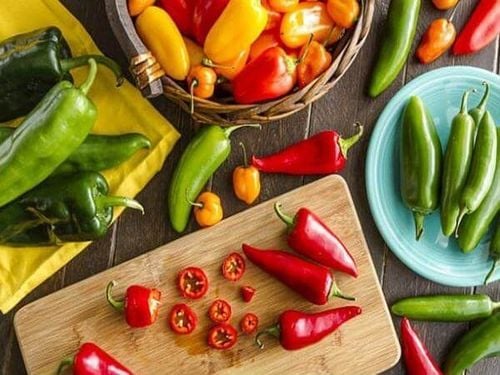
Besides consuming foods that benefit the body, individuals prone to nosebleeds should avoid the following:
3.1. Spicy and Hot Foods
Spicy foods like chili, mustard, onions, and pepper can cause internal heat, increasing the likelihood of damaging the mucous membranes of the blood vessels.
Other foods that can cause internal heat include lychees, longans, and mangoes.
3.2. Fried or Oily Foods
Fried foods rich in saturated fats can weaken the immune system and delay wound healing, making it harder for the body to repair damage to blood vessels.
3.3. Stimulants
Avoid stimulants such as tobacco, alcohol, coffee, and sugary drinks, as these can further irritate blood vessels and increase the frequency of nosebleeds.
These are some dietary tips for people who experience frequent nosebleeds. For more helpful information, regularly check the website: Vinmec.com
To arrange an appointment, please call … or make your reservation directly HERE. You may also download the MyVinmec app to schedule appointments faster and manage your reservations more conveniently.




